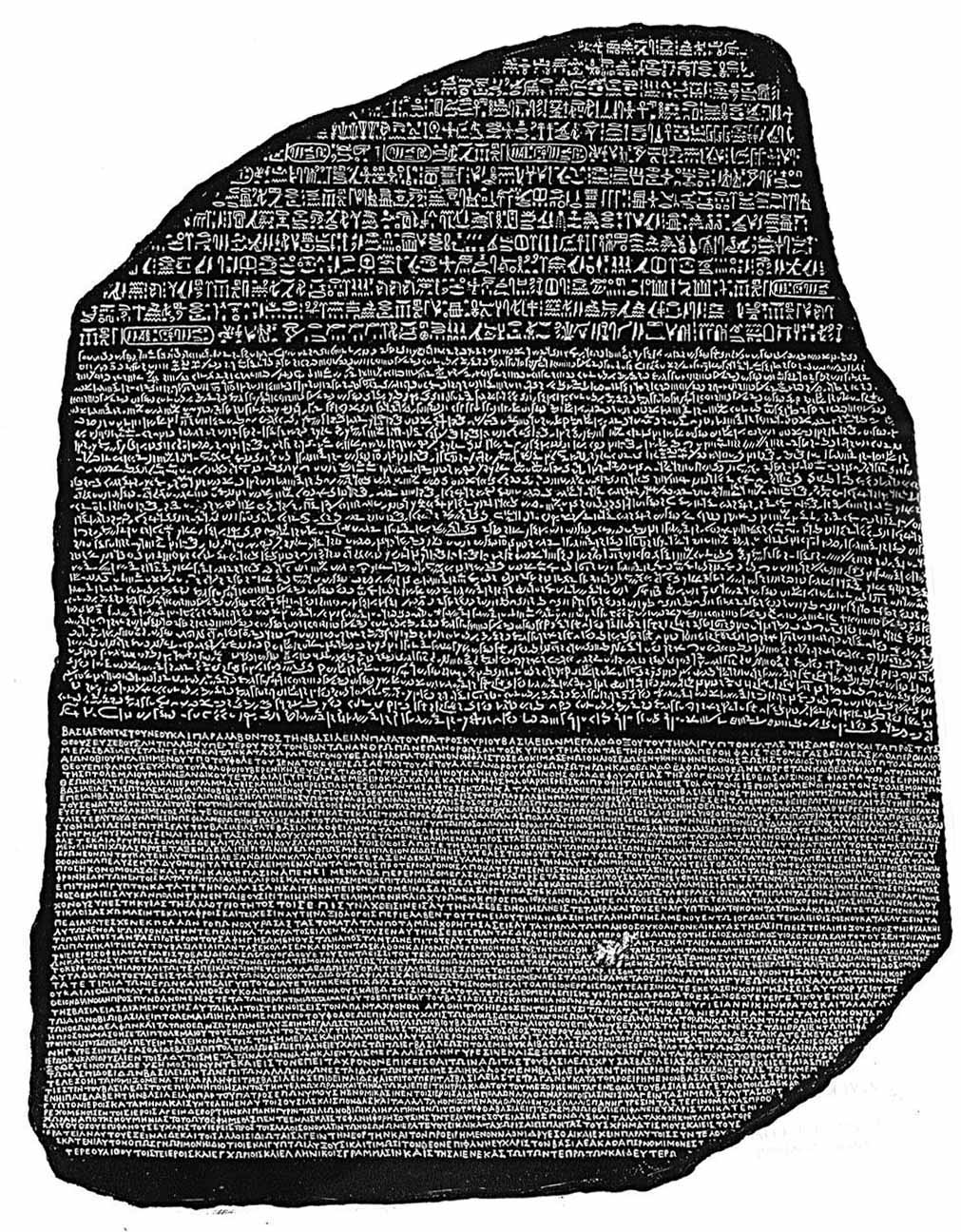
Amichai: Old and Young
==================================

 Immanuel the Roman's Critique of Dante's Divine Comedy and Maimonides' Guide for the Perplexed
Immanuel the Roman's Critique of Dante's Divine Comedy and Maimonides' Guide for the Perplexed
"Open Closed Open" (Patuach Sagur Patuach) is Yehuda Amichai's last poetry book [1]. Published in 1998 it was printed when Amichai was about 74 years old and after he incurred the cancer. The awareness of upcoming death is manifested in some of the poems in this book and in its title. For example, in the opening poem he speaks of a stone broken from a tomb at the city he was born at: "On my desk lays a stone which the word 'Amen' is inscribed upon it, broken from a tombstonem a remenant of a Jewish cemetery destroyed a thousand years ago in the town where I was born" (page 5), on another poem he says he has the perspiration of a dead man: "You (Amichai) with the sweat of death" (page 44).
The title of this book, taken from a poem in its middle (p. 127) also speaks of limited life. For the first "open" is the time before a person's life from the beginning of infinite time back to the past. The second "open" is the time after a person's life, open until the infinite time to the future. Between these two "open" there is the "closed" time of a person's lifetime.
Amichai writes of this openness to infinity, for example in the poem "I was not" (page 127), where he writes: "I do not have a part in infinite light years and dark years". The title of this book could be stated in a formula like fashion as:
-oo-------------beginning of life------------------ending of life---------------oo
-------open----------------------------closed-------------------------open--------
----------------------------------------time--------------------------------------
Amichai plays with the title structurally in this book. For, the book opens and ends with poems suggesting openness to the past and future and between them is "closed" the poems of the book. This he achieves by addressing the stone from a tomb engraved with the word "Amen".
For example in the opening and ending poems he writes of the openness to the future and the past: "prayers remain forever" (page 5) "stone and testimony to all that was" (page 178). During the middle part of the book from time to time Amichai refers to that stone in a sort of interlude like reference to it showing its importance to him.
The stone opening Amichai's book and closing it is a relic fossil from another era from Wurzburg where he was born. The choice of this stone and its important place in Amichai's book should be studied in the context of his entire poetic input.
The key for such analysis lays in the central book on Amichai's poetry by his chief interpreter, Glenda Abramson, called "The writings of Yehuda Amichai: A thematic approach", published in English in 1989. This study by the Oxford scholar offered a thematic analysis of Amichai's poetry up to that time.
There, under the chapter dealing with Amichai's relation to God, it is stated that God would become to man "like a divine fossil", This is "an indictment of God's significance for man" [2].
So, Amichai's stone, a fossil from another time [3], is a part of his dialogue with his chief interpreter Abramson. Amichai is responding to his earlier voice as formulated and interpreted by Abramson, giving a fossil of his love to God (for it contains the word Amen used in prayers) such an important place in his last book. It is as if he is saying: "Yes, my love to God has fossilized, but see (the reader and Abramson) how much importance a fossil can have in a person's life and specifically in mine".
-----------------------------------------------------
[1] Yehuda Amichai, "Patuach Sagur Patuach" (Open Closed Open), Schocken Pub.:Tel Aviv, 1998
[2] Glenda Abramson, "The Writing of Yehuda Amichai: A Thematic Approach", State Uni. of NY Press: New York, 1989, p. 64
[3] In Hebrew, the words for fossil (meuban) and stone (even) are similar linguistically because they are derived from the same semantic root (alef, bet, nun)
Dear visitor, please take a short moment to sign my guest book!
----------------------------------------------------------------

ฉ 2008 Emails are
gladly received
Hear Psalm 122 performed to the Author's Music
Or Hear it in the background of photos of Jerusalem from
www.JerusalemShots.com
Bialik: The National Yiddish Poet of the Diaspora
The Poetry
of Manoello Romano : Biography, Writings, Short Poems
Other articles by G. Shaked:
ART
BIOLOGY
CINEMA
MUSIC
PHILOSOPHY
PHYSICS
(ACOUSTICS)